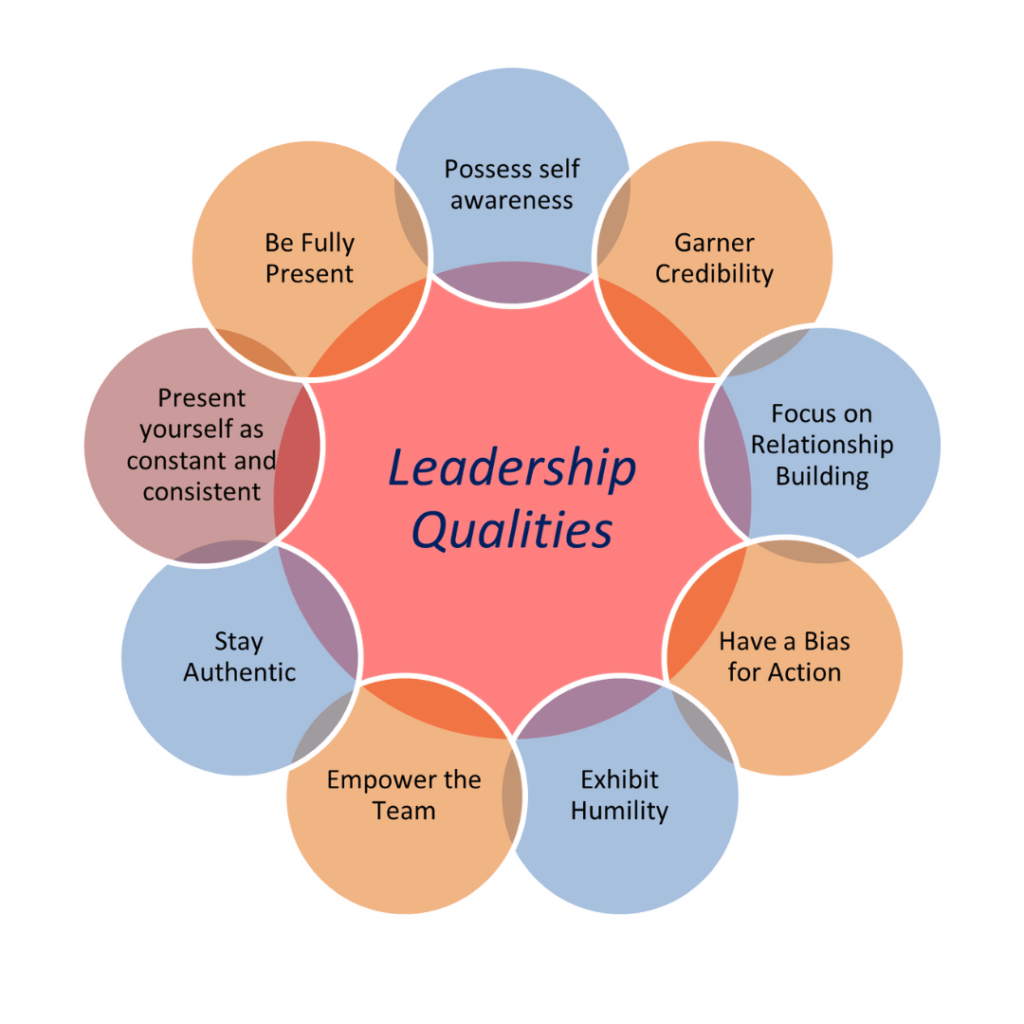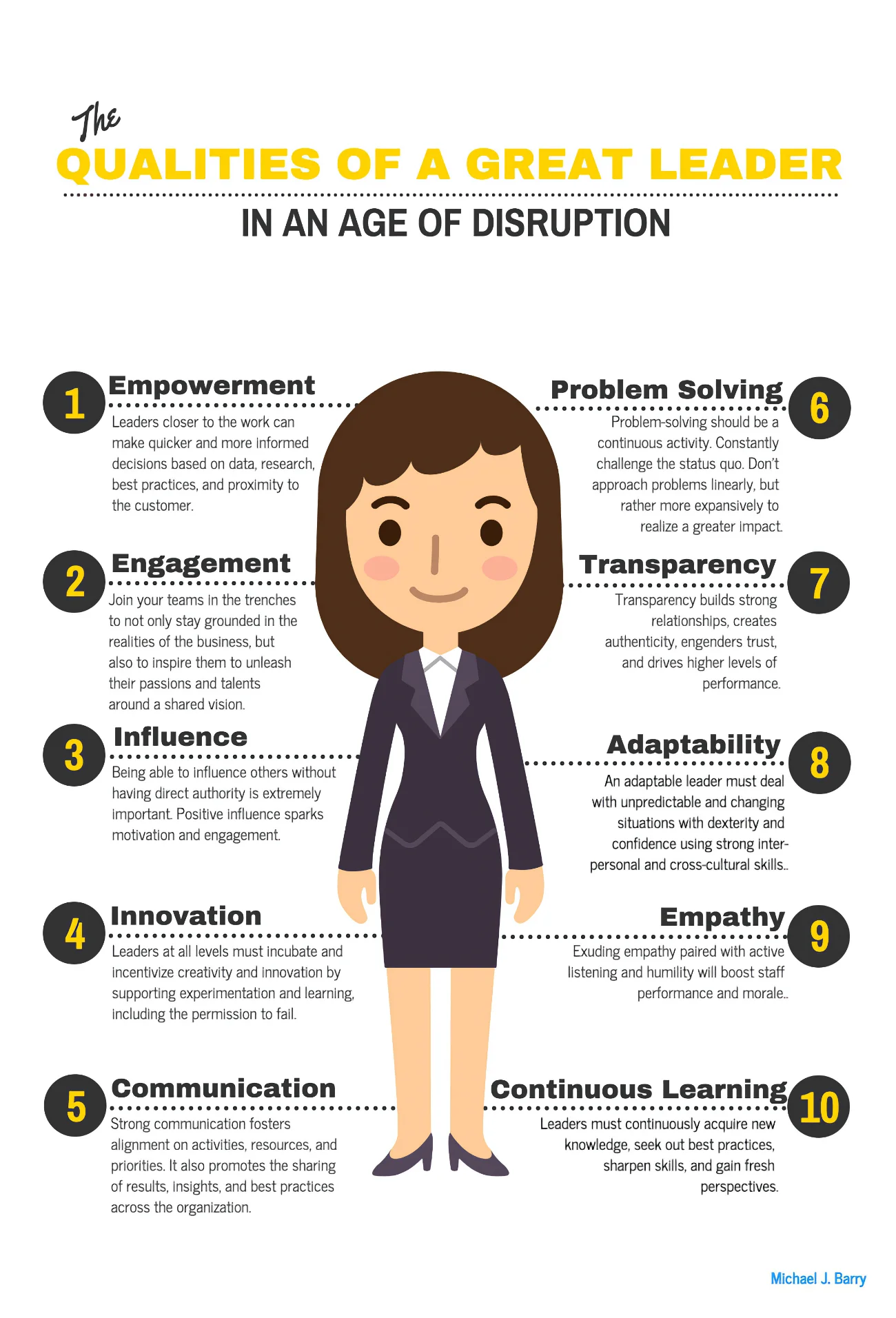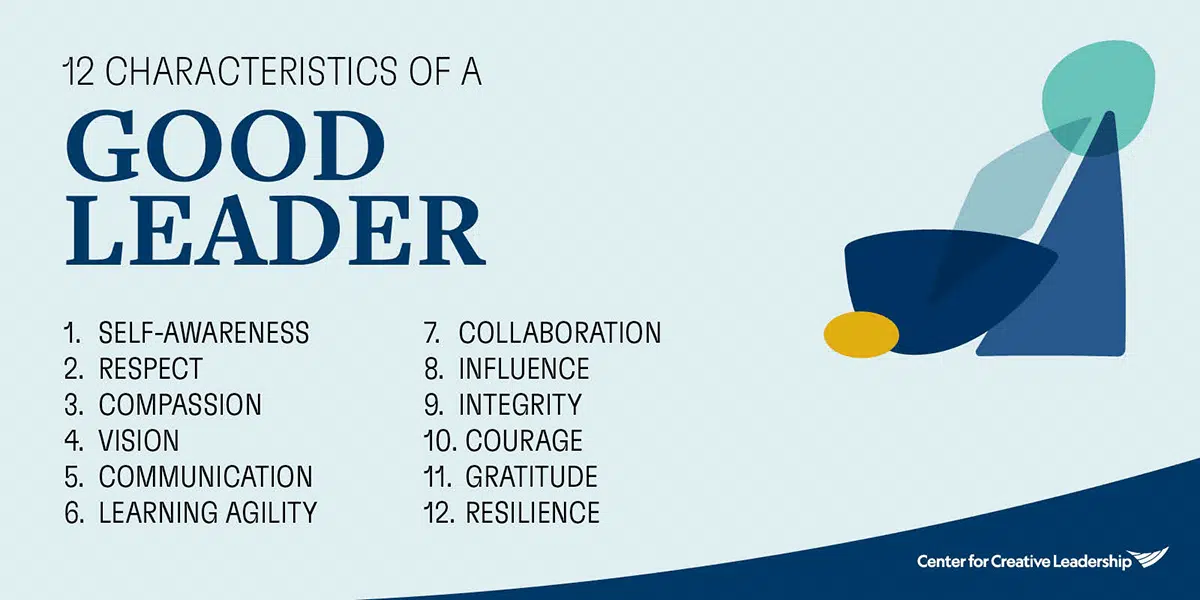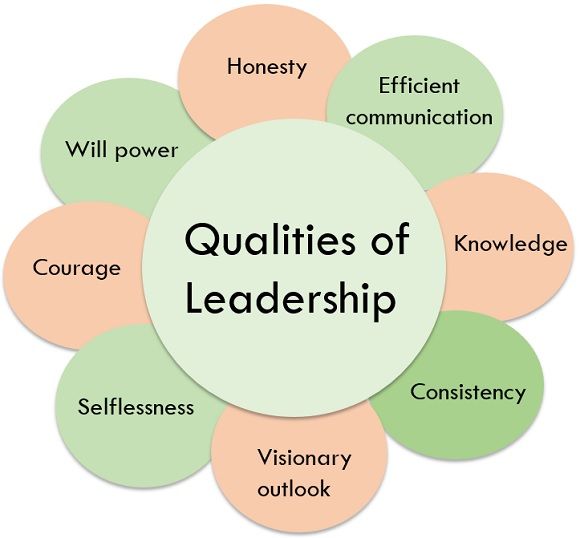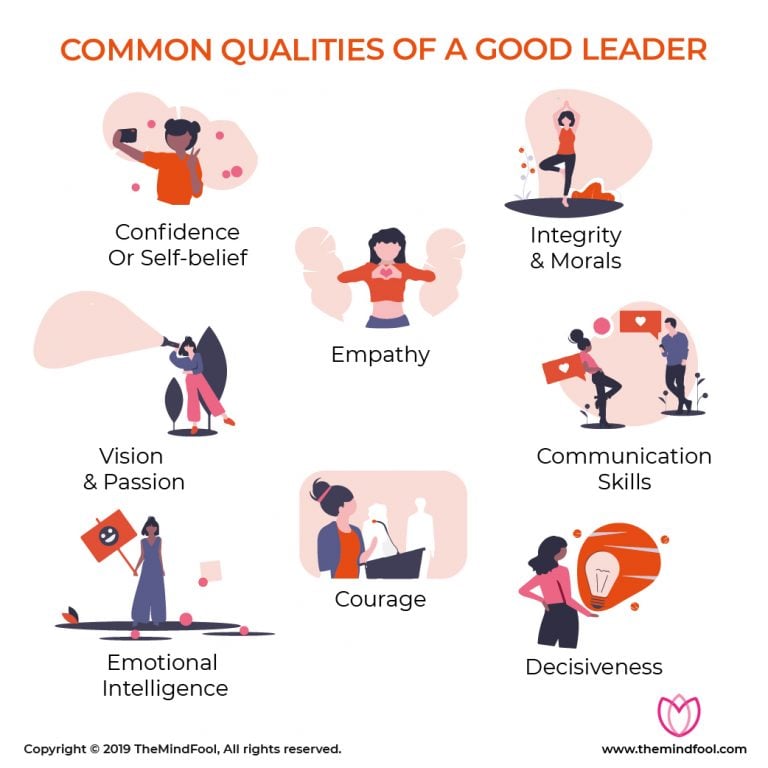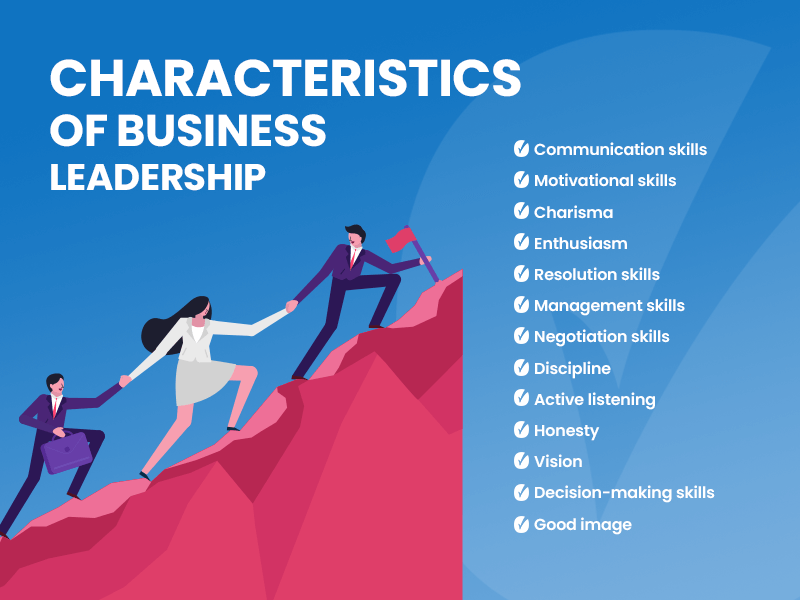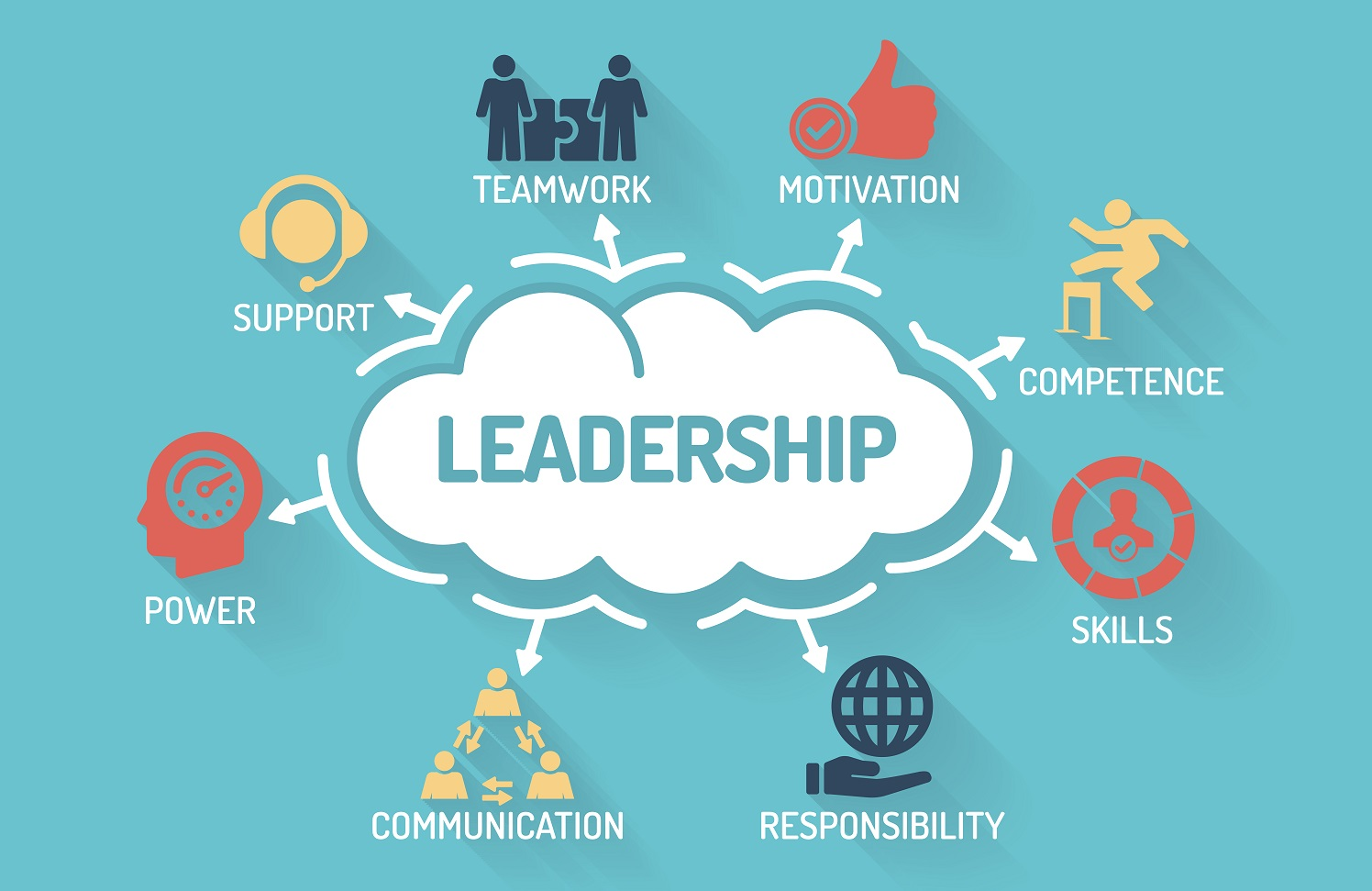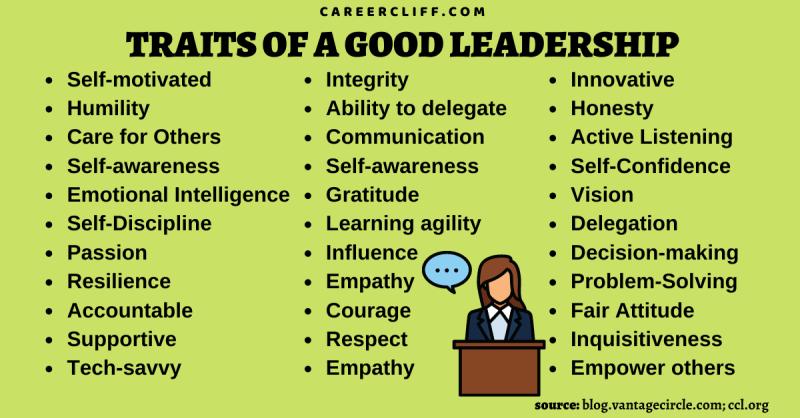Qualities Of A Leader In The Workplace
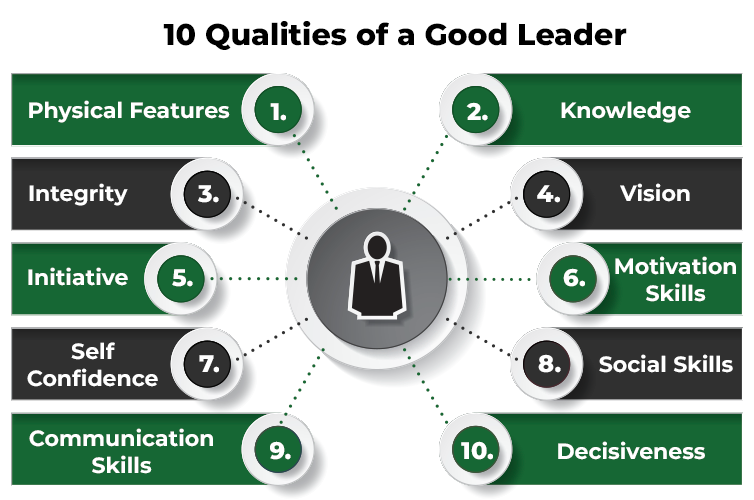
Businesses are facing unprecedented challenges, demanding a new breed of leader equipped to navigate complexity and inspire teams. Effective leadership is no longer about hierarchy, but about fostering collaboration, innovation, and resilience.
This article explores the essential qualities that define a successful leader in today's dynamic workplace, examining the traits that drive employee engagement and organizational success. These leadership characteristics are crucial for achieving strategic goals and maintaining a competitive edge in a rapidly evolving global market.
Essential Leadership Qualities
Communication
Clear and concise communication is paramount. Leaders must articulate vision and strategy effectively to ensure everyone is aligned and informed.
They need to be active listeners, genuinely valuing input from their teams. This open communication builds trust and encourages collaborative problem-solving.
Empathy
Empathy allows leaders to understand and connect with their team members on a human level. Recognizing and addressing individual needs and concerns fosters a supportive work environment.
A recent study by *Development Dimensions International (DDI)* revealed that empathetic leaders are 40% more likely to have high-performing teams.
Integrity
Integrity is the bedrock of leadership. Leaders must be honest, transparent, and ethical in all their dealings.
This builds trust and inspires confidence in their decisions. Employees are more likely to follow a leader they believe in and respect.
Vision
Leaders must possess a clear vision for the future and the ability to articulate it compellingly. This vision provides direction and inspires others to strive for a common goal.
Strategic thinking and foresight are crucial for navigating uncertainty and capitalizing on opportunities. They must anticipate change and proactively adapt.
Resilience
The modern workplace is characterized by constant change and disruption. Leaders must be resilient, able to bounce back from setbacks and maintain composure under pressure.
This resilience inspires their teams to persevere through challenges. They need to remain focused and optimistic, leading by example.
Decision-Making
Effective decision-making is a critical leadership skill. Leaders must be able to analyze complex information, weigh options, and make timely decisions.
They should be decisive but also open to feedback and willing to adjust course when necessary. Good leaders use data-driven insights coupled with intuition.
Delegation
A successful leader understands the importance of delegation. Empowering team members to take ownership of tasks and projects fosters growth and development.
This also allows leaders to focus on strategic priorities. It's about assigning tasks based on strengths and providing necessary support.
Accountability
Leaders must hold themselves and their teams accountable for results. This includes setting clear expectations, providing regular feedback, and addressing performance issues promptly.
Accountability fosters a culture of responsibility and drives continuous improvement. Transparent performance evaluations are essential for growth.
Adaptability
The ability to adapt to changing circumstances is paramount in today's dynamic environment. Leaders must be flexible and open to new ideas and approaches.
They need to embrace innovation and encourage experimentation. This responsiveness is key to survival and success.
Ongoing Development
Leadership is not a static skill; it requires continuous learning and development. Organizations should invest in leadership training programs to cultivate these essential qualities in their managers.
Regular feedback, mentorship, and self-reflection are crucial for ongoing improvement. The next step is to implement these strategies to build a stronger, more resilient workforce.
Ongoing research focuses on the evolving role of AI in leadership and how to effectively manage remote and hybrid teams. Stay tuned for further updates and insights.


